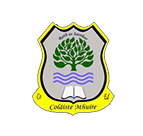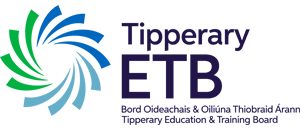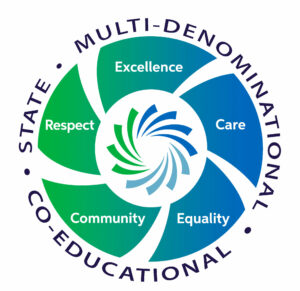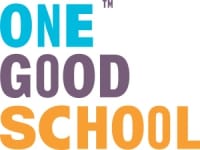Subject Overview
Social, Personal and Health Education (SPHE) in junior cycle education supports the personal development, health and well being of young people and helps them create and maintain supportive relationships. The aims of SPHE are to enable students to develop skills for self-fulfilment and living in communities, to promote self-esteem and self-confidence, to enable students to develop a framework for responsible decision-making, to provide opportunities for reflection and discussion and to promote physical, mental and emotional health and well-being.
The SPHE programme in the school will reflect the unique ethos of the school. To be effective, a positive school climate and atmosphere must support it. A supportive whole school environment is one where people feel valued, self-esteem is fostered, fairness and tolerance are evident, high expectations are the norm, those having difficulty are supported, communication is open, effort is recognised, difference is valued, conflict is handled constructively, initiative and creativity is stressed and social, moral and civic values are promoted.
Content
The curriculum for SPHE in the junior cycle is presented in ten modules, each of which appears in each year of the three year cycle. The ten modules are
- Belonging and integrating
- Self-management: a sense of purpose
- Communication skills
- Physical health
- Friendship
- Relationship and sexuality
- Emotional health
- Influences and decisions
- Substance use
- Personal safety
Assessment
SPHE is not formally assessed in the Junior Certificate examination. However, as part of the school curriculum with stated aims and outcomes, SPHE is open to assessment and evaluation. Assessment and evaluation in SPHE falls into three broad categories:
- Student self-assessment and peer assessment: student self-assessment is seen as an integral part of teaching and learning in SPHE. Peer assessment can be used by groups of students to review their learning and is facilitated by the teacher
- Assessment of students: assessment of students’ work and skills through specific tasks, homework and project work
- Programme evaluation: continuous evaluation of the SPHE programme’s structure and materials in a school.
Current status
SPHE in junior cycle has been introduced on a phased basis since September 2000. SPHE in junior cycle builds on the experience of all children at Primary level. (SPHE is a core part of the new Primary school curriculum). All second level schools are required to offer SPHE in each year of junior cycle. The NCCA is currently developing the curriculum framework for SPHE in senior cycle education.



